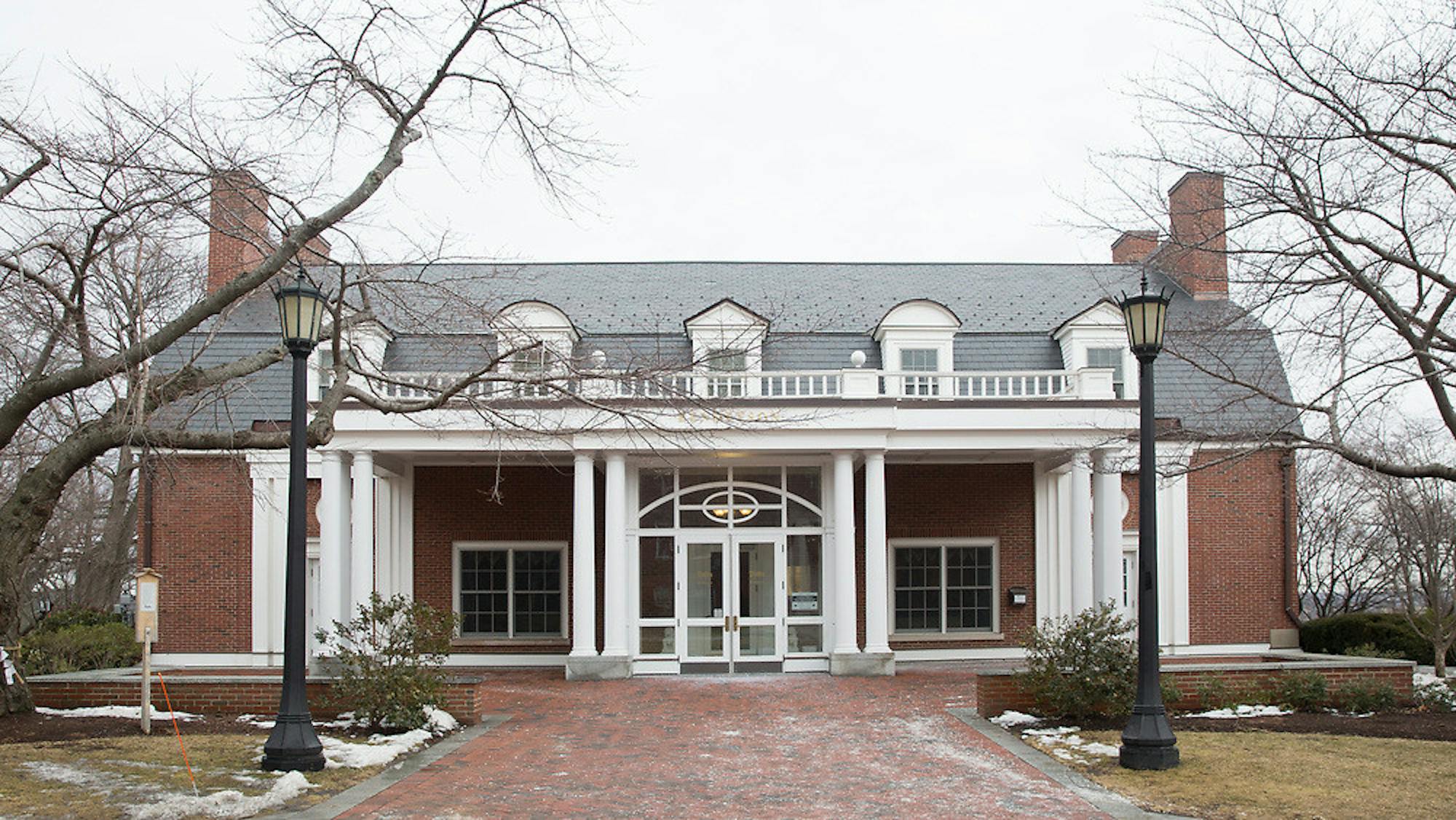University President Anthony Monaco shared the reports of the five workstreams that were created in July 2020 as part of the "Make Tufts an Anti-Racist Institution" initiative. The workstreams are Institutional Audit and Targeted Action, Campus Safety and Policing, Public Art, Compositional Diversity and Equity and Inclusion.
Monaco reported that the senior leadership team is now evaluating 180 recommendations from the five workstreams in his email to the community on Wednesday afternoon.
In addition to the reports from each workstream, an executive summary of the efforts was also included. The executive summary listed each workstream, its leaders and goals. The current state of anti-racist work at Tufts was evaluated and areas of success that the university should build upon were identified. Additionally, opportunities for the university to improve its pursuit of becoming an anti-racist institution were brought forward.
“The initiative pledged to audit, investigate, and provide recommendations ‘to find and eradicate any structural racism at Tufts and to take the steps necessary to become what every member of our community would view as an anti-racist institution,’” the introduction of the executive summary said.
In the email, Monaco said that Tufts is committing to execute as many of the recommendations as possible and put at least $25 million of university resources, over five years, to those efforts.
The senior leadership team and the Diversity and Inclusion Leadership Council are currently evaluating these recommendations to develop implementation plans and timelines, and are determining the necessary costs and resources for implementing their plans.
The executive statement also mentioned that the community will be updated on the initiative’s progress through town halls, written communication, faculty meetings and other media once the recommendations are formally implemented.
“We are also exploring ownership groups for each of the recommendations, designating a governance structure for accountability, and investigating options for the ideal working groups at different schools and units to help in the implementation of these steps,” Monaco said.
Monaco noted that some members of the Tufts community may be dissatisfied by possible shortcomings in the reports or feel as though the reports are not the best way to address racism at Tufts. He acknowledged these concerns but expressed confidence that these efforts will lead to a different and better future at Tufts.
“We should not shy away from these tensions,” Monaco said. “Respectful discourse and debate are the hallmarks of a thriving academic community. Tufts should be at the forefront of dialogue on such a vital and imperative initiative.”
Monaco expressed gratitude for the students, faculty and staff that worked on the five workstreams, as well as community members who participated in smaller feedback sessions and discussions.
“I am especially thankful to the many Black and Brown students and colleagues, underrepresented minority members of our community, and all people of color at Tufts who contributed so much to these recommendations,” Monaco said. “Institutional racism is not your problem to solve, but your unique perspectives and valuable thoughts have been instrumental in this effort.”






